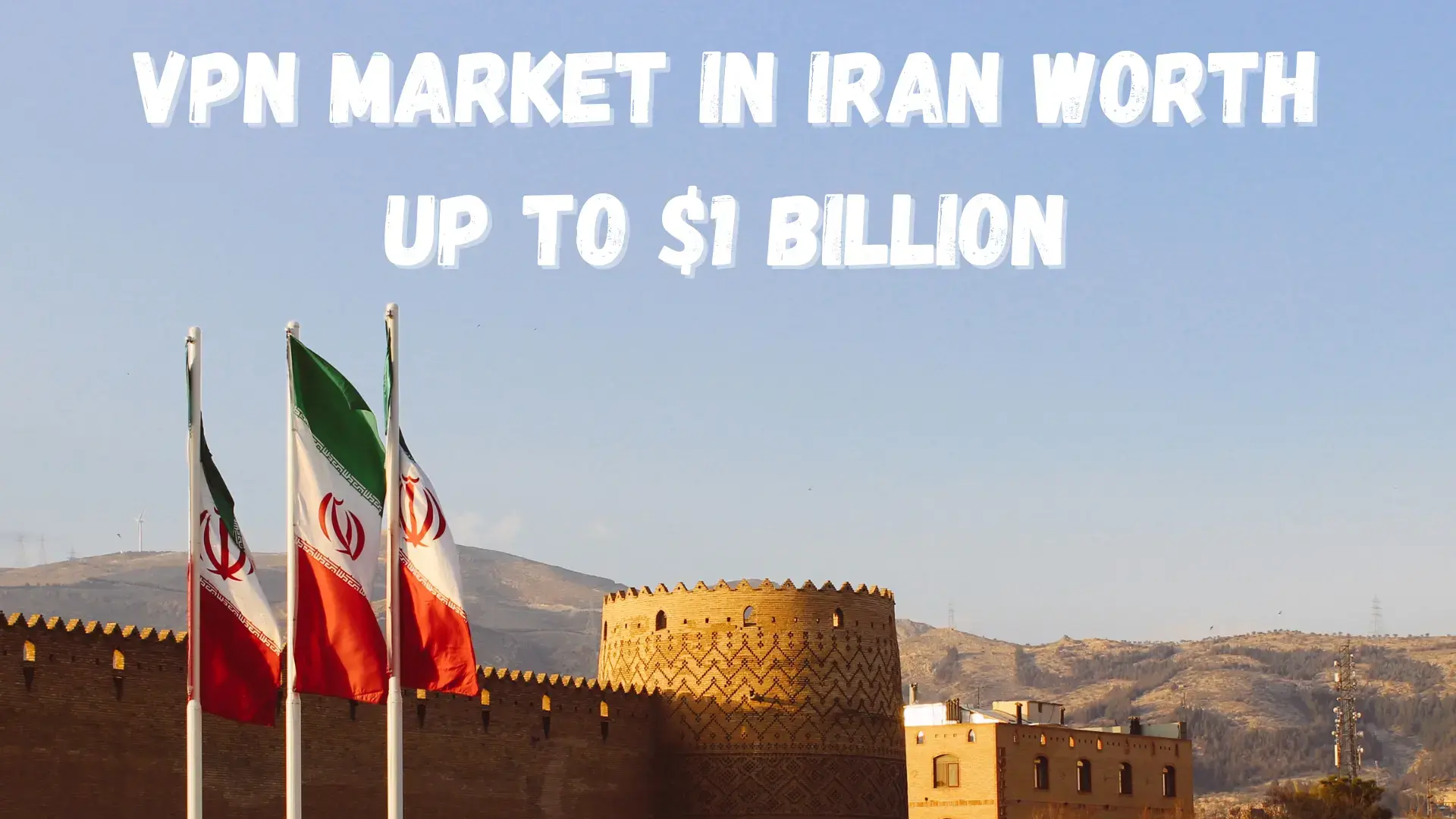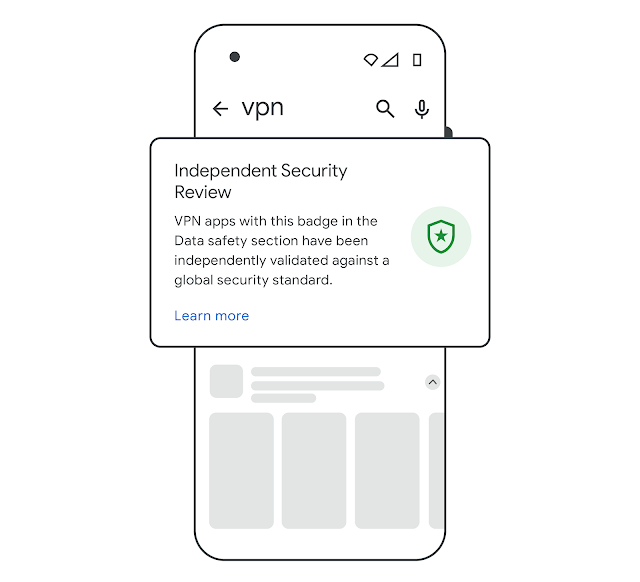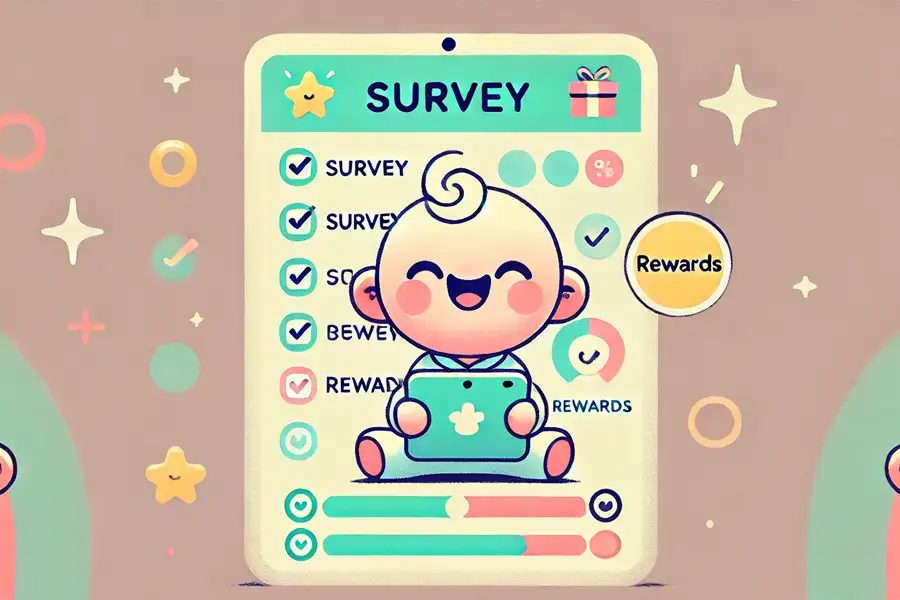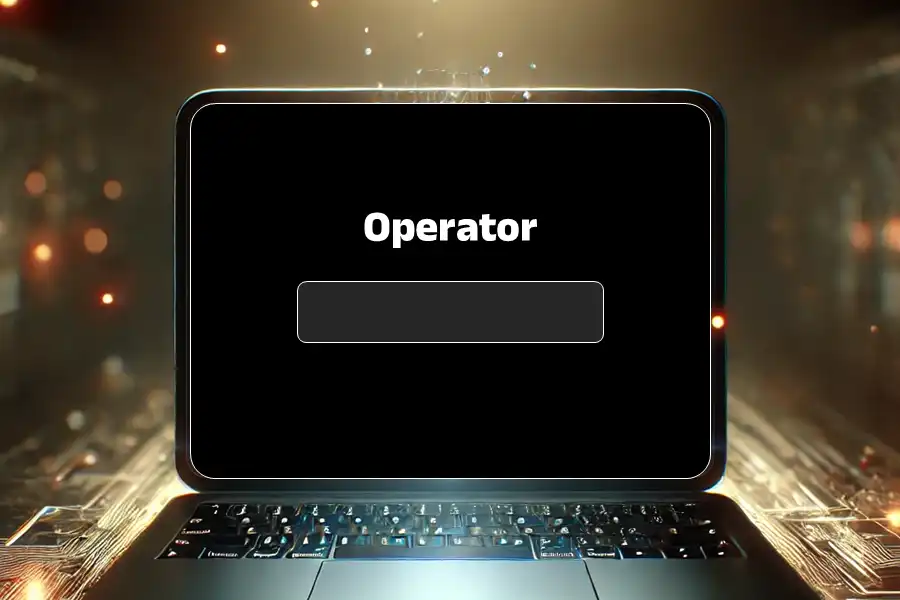VPN Market in Iran Worth up to $1 Billion
2 min. read
Updated on
Read our disclosure page to find out how can you help VPNCentral sustain the editorial team Read more

Recent reports suggest Iranians spend up to $1 billion annually on VPN services.
The number of those looking to access blocked websites and apps has increased significantly after the government imposed more restrictions during protests.
Iran’s VPN use and government restrictions
Iranian regime’s website Eghtesad Online has reported that Iranians spent 300 trillion rials ($700 million) on VPN services last year.
Previously, a member of the parliament, Mohammad Hassan Asafari, said that VPN transactions amount to 500 trillion rials ($1 billion) per year.
About 80% of Iranians use VPNs, which is significantly more than in other countries. For comparison, only about 28% of Brits use these services.
According to the Ministry of Sports and Youth, one out of eight users opts for a paid VPN while others stick to free services.
The reason behind such widespread VPN is the restrictions the country’s regime imposes on social networks and messaging apps.
Currently, Iran is the third-ranked country in internet disruption and limited access.
Although numerous blocks exist, Iranians continue to access websites and apps they want through VPN services.
Here’s a good example:
The country banned Telegram in 2018 and released a customized version under its domain. Still, Telegram posts on Iranian channels had 590 billion views in 2022.
Among the blocked websites in Iran are Facebook, Instagram, Twitter, and TikTok.
The country was hit by Mahsa Amini protests in September 2022, resulting in widespread internet blackouts and various online restrictions.
Iranians were still looking for ways to access the platforms they wanted, with many of them turning to VPN services.
Saeed Naghavi, a member of the board of directors of the country’s IT Union, said that the VPN demand increased by 3,000% in October 2022.
He also reported a historical record in queries for obtaining VPNs.
Asafari said he doesn’t understand why the government isn’t blocking these services and that the issue has to be resolved.
The discrepancies in the numbers from different perspectives show just how unregulated the market is in the country.
The government has continued to experiment with throttling internet access and shutting down online businesses.
In the meantime, Iranians are still marching to the streets to protest inflation, unemployment, high prices, and other economic issues.









User forum
0 messages